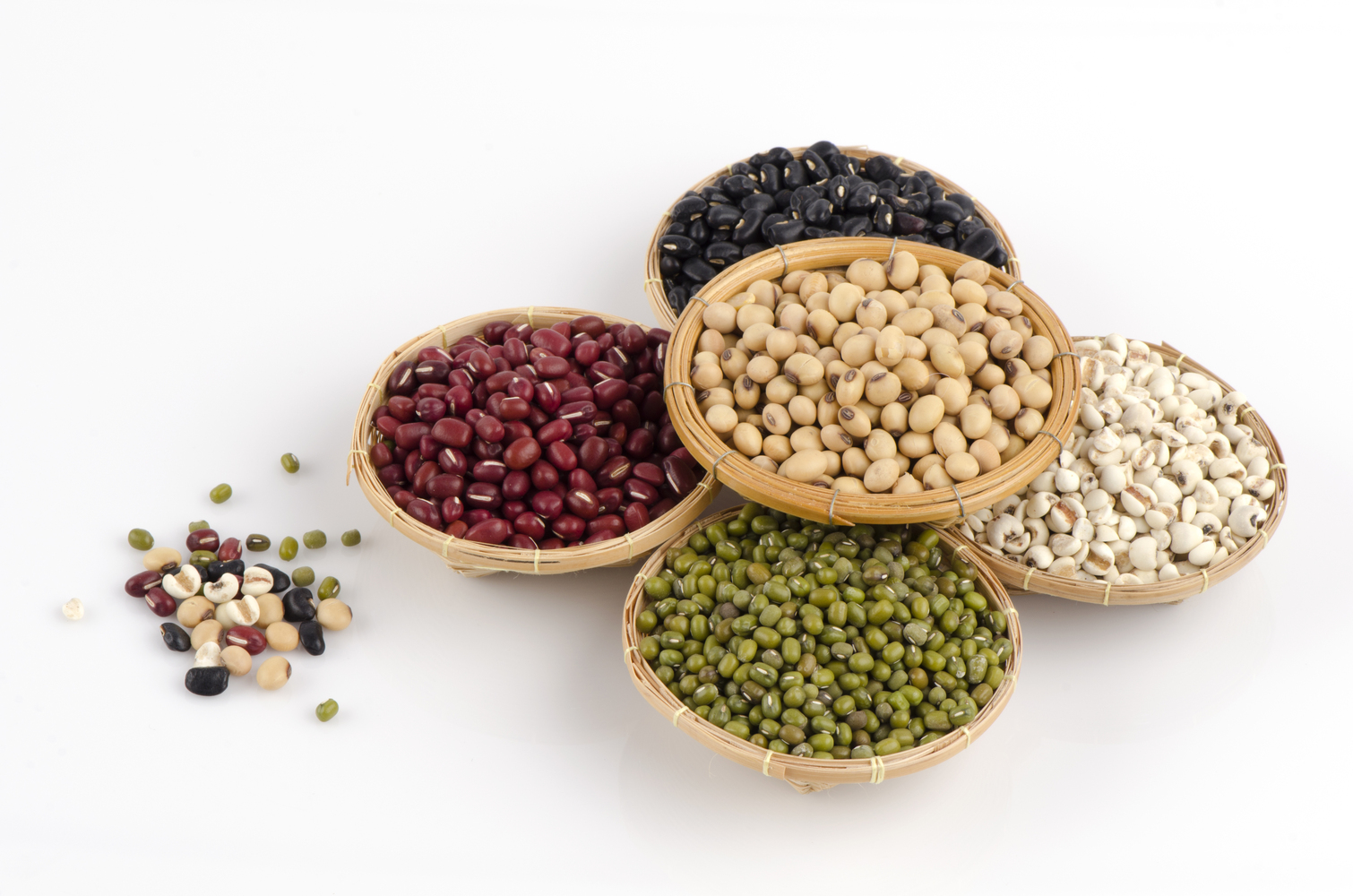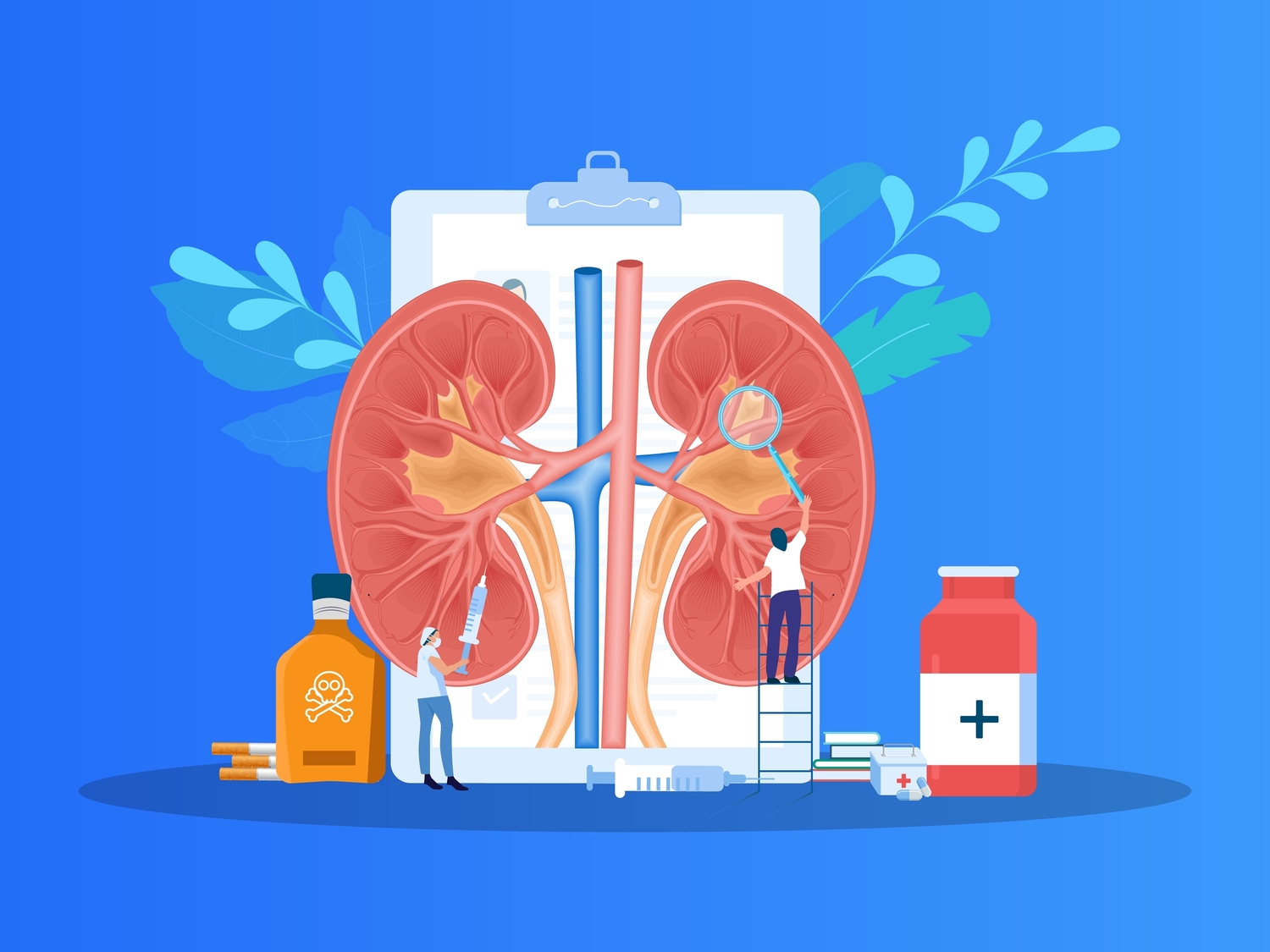Comprehensive Dietary Strategies to Support Kidney Health: Foods to Embrace and Avoid
This comprehensive guide outlines essential dietary strategies to support kidney health. It emphasizes foods to include and avoid, focusing on managing protein, phosphorus, salt, potassium, and fluid intake. Tailored nutritional advice helps prevent further kidney damage, improve quality of life, and ensure optimal kidney function. Always consult healthcare providers for personalized plans, and learn to identify hidden sources of crucial nutrients in processed foods for better kidney care.

Essential Dietary Guidelines to Promote Kidney Wellbeing
Caring for individuals with kidney disease demands a nuanced approach to nutrition, emphasizing the intake of foods that bolster kidney function while minimizing those that can exacerbate renal strain. The foundation of a kidney-friendly diet involves choosing fresh, minimally processed foods, and reducing reliance on canned, packaged, or preserved items that often contain hidden additives, excess sodium, phosphorus, or preservatives. Prioritizing organic produce can offer added benefits, as these options typically contain fewer pesticides and GMOs, ensuring higher nutritional quality. Developing a personalized diet plan that considers protein, mineral, fluid, and sugar intake is crucial for managing kidney health effectively. Always work closely with healthcare professionals to tailor dietary modifications suited to your specific condition, especially if undergoing dialysis or managing chronic kidney disease (CKD).
For those with kidney concerns, adhering to specific dietary recommendations can significantly improve quality of life and slow disease progression. Here are key dietary strategies designed to support kidney health and prevent further damage:
Protein Management: Integrate moderate amounts of high-quality protein sources such as fresh vegetables, nuts, seeds, low-fat dairy, and lean meats. Excessive protein intake can overload the kidneys, so portion control is vital. Dialysis patients may require increased protein, but this should always be under medical supervision to avoid unintended complications.
Reducing Phosphorus: Limit foods high in phosphorus, including nuts, seeds, dairy products, organ meats, and processed foods. Excess phosphorus can weaken bones and impair kidney function. Doctors may prescribe phosphate binders to help control phosphorus levels, and avoiding canned and overly preserved foods can reduce phosphorus intake significantly.
Salt Intake Moderation: Curb consumption of salty processed foods like cured meats, snacks, and canned products. Elevated sodium levels can raise blood pressure, exert additional stress on the kidneys, and worsen existing kidney damage. Personalized salt intake limits should be discussed with your healthcare team, considering individual health status.
Potassium Regulation: Monitor potassium intake by avoiding high-potassium foods such as bananas, avocados, dried beans, spinach, and certain fish. Elevated potassium levels can lead to irregular heartbeats or other cardiac issues. Regular blood tests are essential for adjusting dietary choices based on your potassium levels.
Fluid Control: Manage fluid intake carefully to prevent overhydration. Remember that many foods, including fruits and soups, contain water—these contribute to your daily fluid allowance. Consult your healthcare professional to determine your ideal fluid intake, especially if you have swelling or heart issues. Be cautious with sodas and sugary drinks, as they can harm kidney health even in small amounts.
Sugar and Carbohydrates: Limit added sugars and refined carbohydrates, particularly if you have diabetes or are overweight. Maintaining blood sugar within healthy ranges can help prevent further kidney damage. Focus on whole grains, vegetables, and other complex carbs to support overall health.
In addition to these dietary tips, regular check-ups with your healthcare provider are essential for monitoring kidney function. Blood tests, urine analysis, and blood pressure management form a comprehensive approach to maintaining kidney health. Educating oneself about the hidden sources of phosphorus, sodium, and potassium in processed foods can empower better dietary choices. Remember, a well-planned diet tailored to your specific needs can optimize your kidney health and improve your quality of life. Always seek professional medical advice before making significant changes to your diet, especially if you are on dialysis or managing advanced kidney disease.





